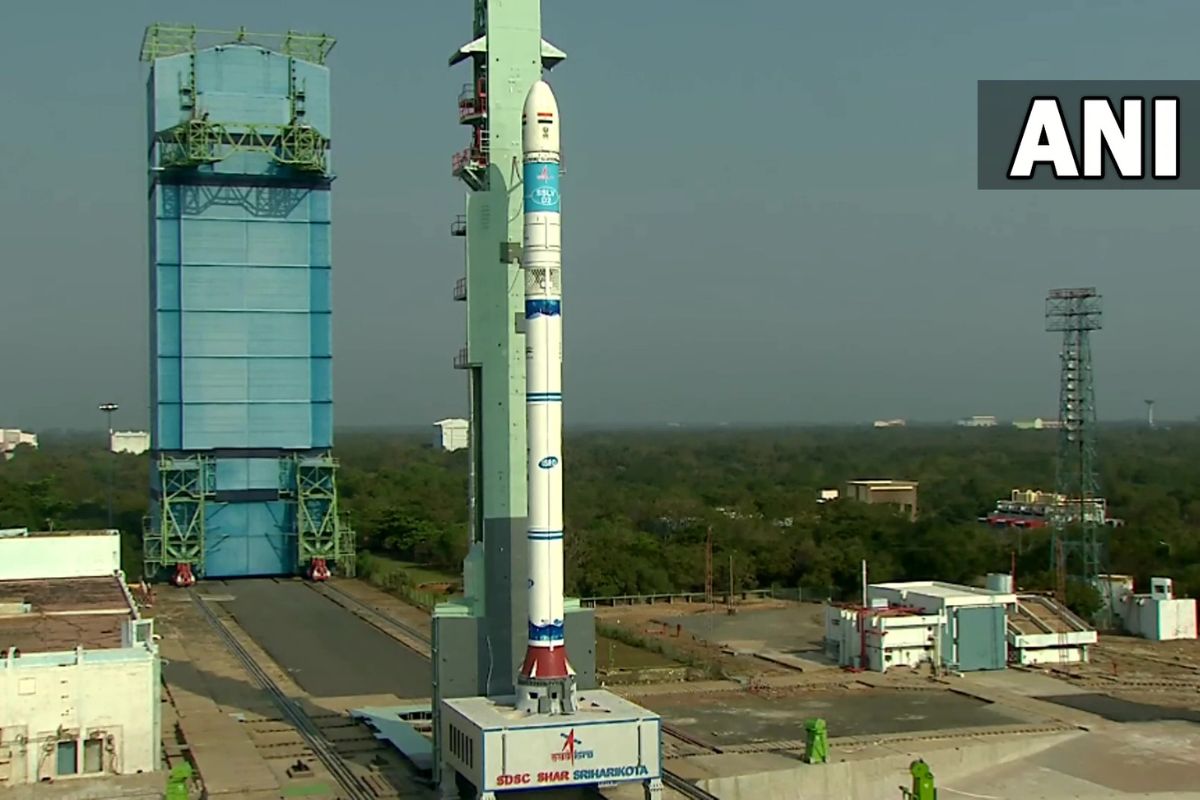Indian Space Research Organisation (ISRO) launched the Small Satellite Launch Vehicle – SSLV-D2 was launched from the Satish Dhawan Space Centre at Sriharikota on Friday.
The launch has put ISRO’s earth observation satellite EOS-07 and two co-passenger satellites Janus-1 and AzaadiSAT-2 into a 450 km circular orbit around the Earth. According to ISRO, the second developmental flight of SSLV-D2 was scheduled at 09:18 hours IST from the first launch pad at SDSC SHAR in Sriharikota. SSLV-D2 is intended to inject the EOS-07, Janus-1 and AzaadiSAT-2 satellites into 450 km circular orbit, in its 15 minutes flight.
Advertisement
Soon after the launch, Mission Director, ISRO Vinoth said “Janus 1 satellite separated. SSLV D2 mission accomplished.”
The new vehicle was developed to capture the emerging small and microsatellite commercial market.
“SSLV-D2/EOS-07 Mission is accomplished successfully. SSLV-D2 placed EOS-07, Janus-1, and AzaadiSAT-2 into their intended orbits,” the ISRO director said.
EOS-07 is 156.3 kg satellite designed, developed and realized by ISRO. New experiments include mm-Wave Humidity Sounder and Spectrum Monitoring Payload. Janus-1, a 10.2 kg satellite belongs to US-based firm Antaris . It is configured with three solid propulsion stages and a velocity terminal module. It is a 34 m tall, 2 m diameter vehicle having a lift-off mass of 120 t.
Meanwhile the 8.7 kg satellite AzaadiSAT-2 is a combined effort of about 750 girl students across India guided by Chennai-based Space Kidz India.
SSLV caters to the launch of up to 500 kg satellites to Low Earth Orbits on ‘launch-on-demand’ basis.
The space research body said it provides low-cost access to Space, offers low turn-around time and flexibility in accommodating multiple satellites, and demands minimal launch infrastructure.
The first test flight of SSLV ended in partial failure on August 9, 2022.











